
The Spirit of the Intestine: Irritable Bowel Syndrome, Empowerment & Acupuncture Treatment.
Irritable bowel syndrome is a common condition. Over 200,000 cases are reported each year. IBS is characterized by pain in the abdomen, intestinal gas, diarrhea and/or constipation. It is often seen to have an emotional origin, exacerbated by stress.
Chinese medicine and acupuncture have made great study of the psychosomatic aspects of digestion. The Stomach, intestines and Spleen-Pancreas each have roles to play in both physical as well as mental-emotional digestion, assimilation and elimination.
The Stomach is seen as the organ and channel of emotional reactivity. It responds quickly and strongly to how we feel: what we like and dislike. The Spleen-Pancreas is involved in our thought process: how we rationalize and rectify our actions and intentions. The Small Intestine is the aspect of mental processing where we establish meaning in what we do, how we feel and what we engage in.
Chinese medicine suggests a condition such as IBS can be due to anxiety and uncertainty surrounding right and wrong in our lives. When the Stomach is involved, the reaction involves whether we like or dislike something, usually in terms of how it makes us feel. When the Small Intestine is involved, there is more an aspect of morality: deciding if what we are engaging in is nourishing to who we are or toxic and taxing.
The Small Intestine engages beyond the pleasure principle. It is the chief ally of the Heart whose role it is to guide us towards our spirit-path: our destiny. Both the Stomach and Small Intestine acupuncture channels contain several points that “stabilize” and calm the personality, ideally expressing and guiding us towards what is most true and appropriate for us as individuals.
The Stomach reacts when something feels wrong to us; the Small Intestine is involved in the learning process related to understanding the effects of our actions, relationships and involvements. When digestive symptoms associated with the Small Intestine occur, it can often be related to confusion as to what is right and wrong in our lives.
Two of the most illustrative acupuncture points on the Small Intestine channel are SI-7 “the upright branch” and SI-16 “the window to heaven.” Both points are said to clear toxins from the body in the form of heat and dampness. Their names however suggest they are involved in a self-dialogue about what is right and wrong, good and bad for us. What is toxic in our lives.
Diarrhea, especially chronic and frequent is an attempt by the body to flush itself of something it deems toxic or harmful. Dampness, the inadequate assimilation of fluids, is often likened to confusion within the mental level of the body. Heat is likened to agitation and reactivity. The combination of both heat and damp (damp heat) is often the diagnosis associated with diarrhea, especially if it contains a strong foul smell. Often both the Stomach and Small Intestine are involved and require treatment.
Famous Jin-Yuan Dynasty doctor Li Dong-Yuan (1180-1251 CE) made a great study of digestion and the primary role of the Stomach in one’s overall health. One of his most important theories was that of “Yin Fire,” a term he gave to unresolved mental-emotional agitation that created smoldering damp-heat in the body, giving rise to digestive problems and lack of vitality.
The processing of mental-emotional material follows a similar path as that of the physical digestion of food and drink. We experience the world through the Stomach and Spleen: the two channels that relate to the social world and control the four limbs (arms and legs). The Stomach’s acupuncture channel feeds and activates all of the sense organs if the head, allowing perception of the outer world. These two organ systems allow us to experience the world and other people and develop a sense of thought around them. The Small Intestine (as the servant to the Heart and its spirit) further sorts through our experiences.
The Small Intestine provides more detailed digestive and cognitive processing.
I’ve recently been working with a woman suffering from chronic diarrhea and digestive issues such as bloating, lower abdominal pain and loss of appetite. She described being involved in a “toxic relationship” with much fighting, miscommunication and even violent episodes. She says she’s stayed involved in the relationship despite advice from her friends, family, therapists to end it, saying she’s “addicted” to it and afraid of the grief and suffering separation has caused her in the past.
Her pulses (the chief diagnostic tool used by an acupuncturist to assess internal organ function) often shows weakness in the Spleen-Pancreas and miscommunication between the Kidney and Heart pulses. The blood in her Liver is also frequently depleted, as are her hormonal fluids (Kidney Yin).
The acupuncture channels are seen as a progression of disease and disorder. They have a particular order to them. The Stomach channel is the third in the continuum, manifesting in hyperactivity of heat that creates systemic inflammation. The Stomach also creates hyperactive emotionality, even to the extent of mania, impulsivity and violence.
The Small Intestine is the sixth channel is the progression. The heat from the Stomach has consumed the fluids of the body, especially those that promote longevity and self-empowerment. The damage due to heat of the internal body humors, creates “floating Yang” and “wind,” which can manifest as neurological, mental-emotional symptoms such as dizziness, tinnitus, sensory issues, headaches/migraines, numbness along with weakness of the lower back, legs and loins. The loss of “Yang” (heat and strength) in the lower abdomen and low back can also give rise to diarrhea and other bowel symptoms.
The psychological manifestation associated with the Small Intestine is a type of obsessiveness where the person is always wondering what other people mean by their words and actions. This leaves the person needing constant feedback, validation and explanation. They become unable to relax and read the “cues” put forth by others. This can physically manifest as skin eruptions and bowel symptoms (constipation and diarrhea), also well as elbow issues.
The main acupuncture points to treat the mental-emotional (and accompanying physical manifestations) of the Stomach and Small Intestine are ST-40 “the abundant bulge” and SI-7 “the upright branch.” Both of these points have separate pathways that diverge from the main acupuncture channels, acting as distractions to our central focus. ST-40 separates from the Stomach channel on the leg and travels up into the head and throat. SI-7 separates from the Small Intestine channel on the arm and travels into the shoulder.
The Stomach channel should be focused on building our lives – this is its role: utilizing resources, like food and drink, to construct a life that nourishes and nurtures us. When ST-40 becomes activated and separates from the main channel this shows the person is distracted by something outside themselves. The fact that it ascends to the top of the head and throat causes mental overwhelm and obsession which can take over a person’s mind. This can create impulsivity and hyper-reactivity. The person will act before they think.
When SI-7 activates as a distraction to the Small Intestine channel, the person begins to prioritize the judgements and validation of other people more than that of oneself. They start to look to others to define their reality, morality and sense of self. Disempowerment occurs within the Small Intestine when it is disturbed.
The patient described her relationship as taking over her sense of mental clarity. She’d become overly reactive and codependent. This was disturbing her digestive function. Treatment required resolving the “floating yang” manifesting as “dizziness” (hyper-emotionality, inability to focus), calm and focus her mind, and return “Yang” (warmth and strength) to her lower abdomen (intestines, kidneys and lower back).
The idea of “floating yang” is the strength and vitality that should reside in the lower abdomen and low back (the power centers of the body) has escaped due to heat damaging the fluids that keep the Yang rooted in place. The “Yang” floats to the head creating a host of disturbing symptoms, leaving the lower abdomen cold and weakened. This is a physical manifestation of a person giving their power away to someone else. Treatment needed to focus on re-empowering the patient so she could once again prioritize herself over her partner, learn to trust her own intuition, and watch and pause instead of react.
I worked with Stomach acupuncture points that calmed her mind and emotions, as well as stabilized her personality. Points such as ST-23, ST-41, ST-40 and ST-24 are very powerful for both treating the personality as well as for digestive functions. SI-8, SI-7 and SI-3 on the Small Intestine channel also stabilize the personality, as well as deal with intestinal symptoms and “floating Yang.”
SI-7 and SI-16 helped eliminate the toxicity the patient was accumulating in her intestines, as well as in her relationship.
I added points from the Heart and Spleen channels as well to refocus the patient into a place of reflection and meditation, so she could have more self-control and less reactivity. Points like SP-6 were very powerful for her, as this point strengthens the mind, as well as digestive function. It is also a point that harmonizes inner/outer integrity, so the inner truth of a person can begin to reflect through outer reality.
The point HT-4 from the Heart channel “quiets” the mind and spirit, but also helps a person begin to choose their own individual “spirit path”
The digestive issues cleared in a few sessions. Her addiction and “toxic” interaction with her partner was more difficult to resolve. However she did develop a stronger sense of self, more ability to set boundaries and become less reactive. There was more peace in the relationship, mostly due to her work on herself.
We had to continually work on promoting self-empowerment through “returning the Yang” from her head back to her low abdomen and low back. As we strengthened the vitality in her intestines, kidneys and lumbar spine she experienced more peace, less digestive upset and a greater sense of self. This became an on-going process for her, and positively the main focus of her life.

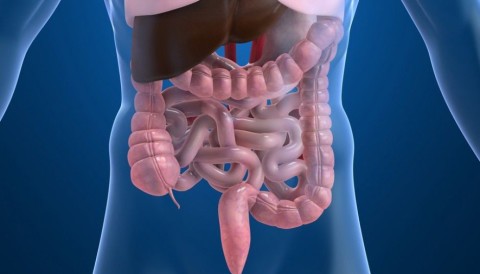
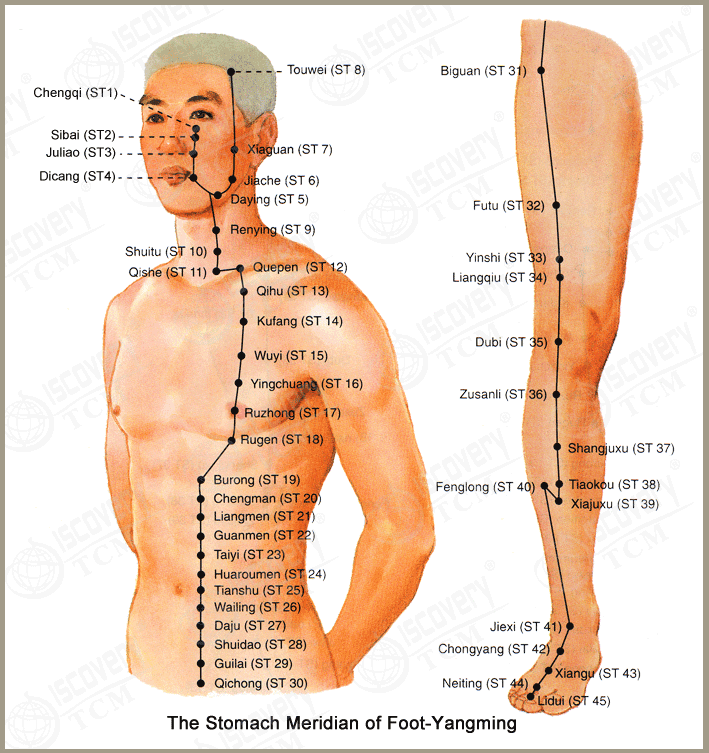
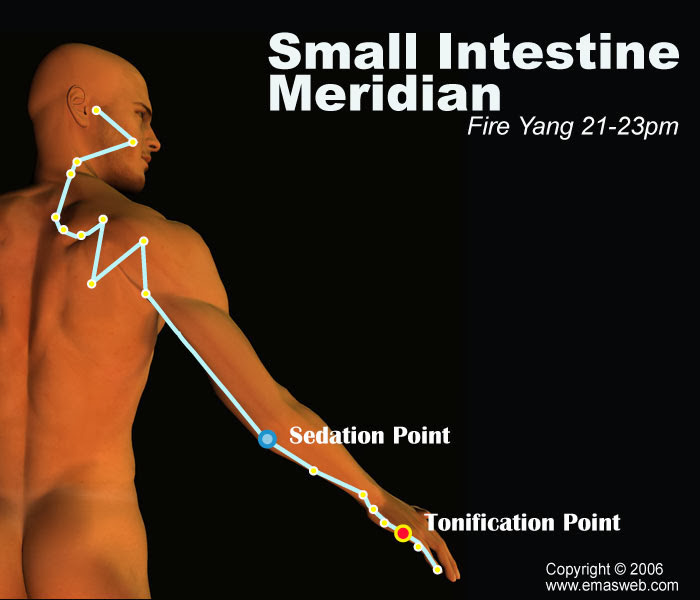
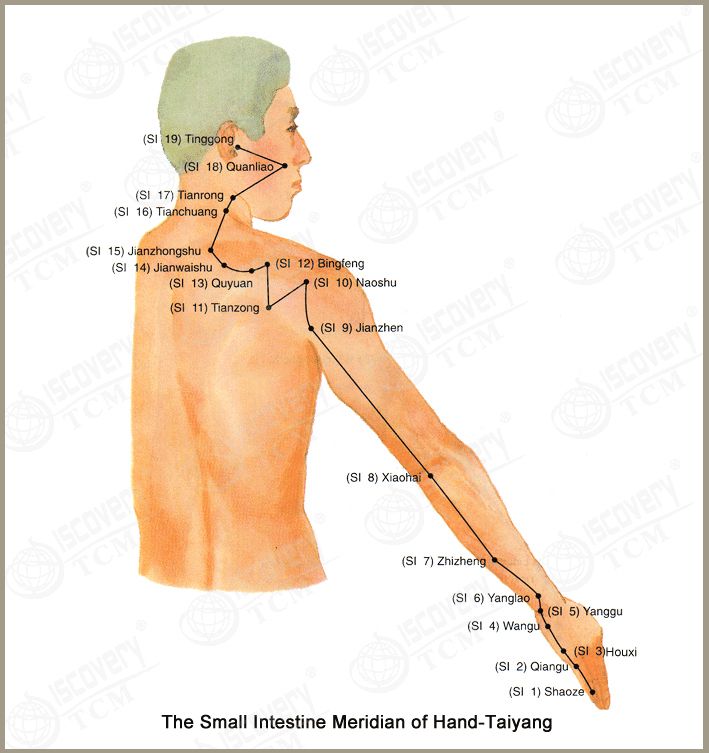


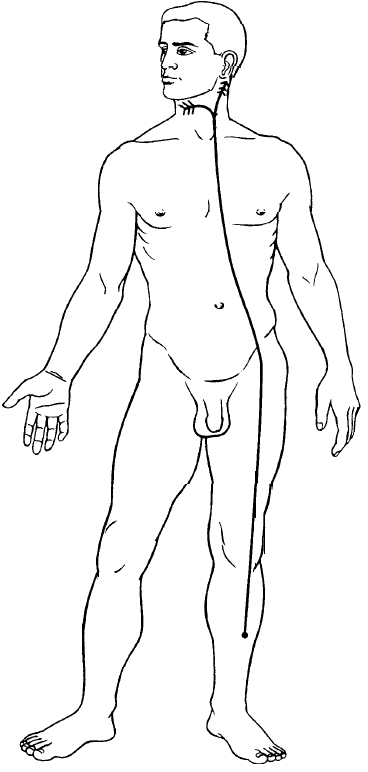




No Comments